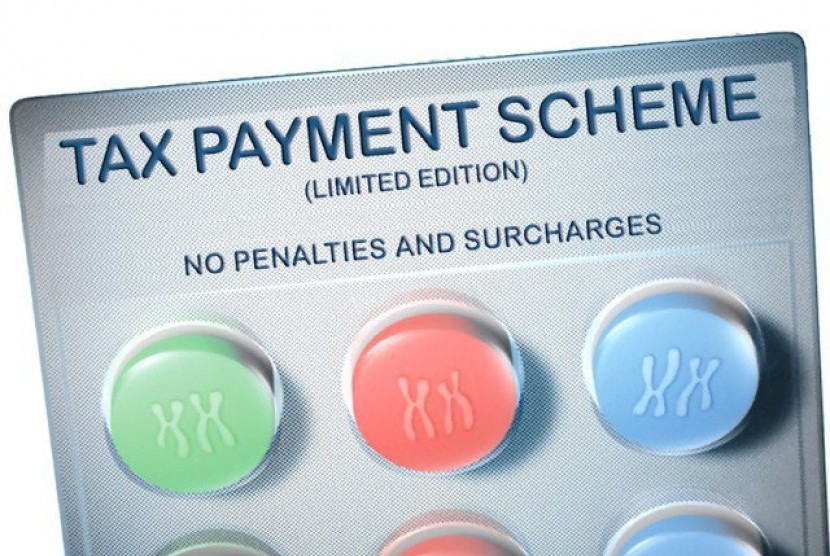REPUBLIKA.CO.ID, JAKARTA -- Implementation of tax amnesty to attract repatriation of assets stacked abroad has good impact on development and can create millions of jobs, an observer said.
Tax observer Darussalam of the Danny Darussalam Tax Center, said here on Sunday that tax amnesty will have positive development impact on three reasons or advantage.
He said the first advantage is that the repatriation of money that has so far been stashed overseas could be utilized to generate the economic development.
The second benefit is that the money obtained from the tax amnesty could be used directly to carry out pro-people development, including education, health, housing and opening jobs.
According to Darussalam, the third advantage is that in the long run it will ensure the continuity of state revenues.
The Capital Investment Coordinating Board (BKPM) data showed that realization of domestic and foreign capital investments in 2015 was able to provide jobs for over 1,4 million workers.
It is not impossible that with the tax amnesty, the number of workers that could be absorbed could reach 2 to 2.5 million workers.
He said that the entry into Indonesia of fresh funds will generate the development of various economic sectors in Indonesia.
The development of various economic sectors will create jobs, lower credit interest rates, strengthen the exchange rate of the rupiah against the US dollar and lower the prices of commodities at home.
Tax amnesty will also create a transitional period toward tax transparency.
This is made possible because tax transparency policy will be followed by a number of taxation reform measures such as the amendment of the law on General Provisions of Taxation (KUP), law on income tax (PPh) and law on added value tax (PPN) where taxpayers will pay lower PPh tax rate competitive with that in Singapore, namely about 17 to 20 percent.
The tax amnesty is needed to create a transitional period before the imposition of high taxes and tax fines of 30 percent and 48 per cent. This is a heavy burden for micro, small and medium businesses (UMKM).
Executive Director for Taxation Analysis (CITA), Yutinus Prastowo said the repatriation of money to the country could relax the state debt burdens or replace the needed role of foreign investment.
"The repatriation which could bring back a fund of about Rp500 trillion will generate the capital market, money market and the banking sector. It could even trigger development of the manufacturing sector (which creates jobs)," he said.
Besides that, tax amnesty should also be aimed at the informal sector businesses which so far have not yet had taxpayer's numbers (NPWP) and have not yet submitted annual tax forms (SPT) reports.
Having NPWP and being free from high tax sanction and fines (which is respectively at 30 per cent and 48 percent), businesses in the informal sector could have access to banking credits whose interest rates are lowered after their capital repatriation, he said.
Apart from benefiting the informal sector, the adoption of a tax amnesty law will create sound business climate for Indonesia's economy.
"The transformation of the informal sector into formal businesses will increase business activities. They will have better access to the banking credits," Yustinus added.


